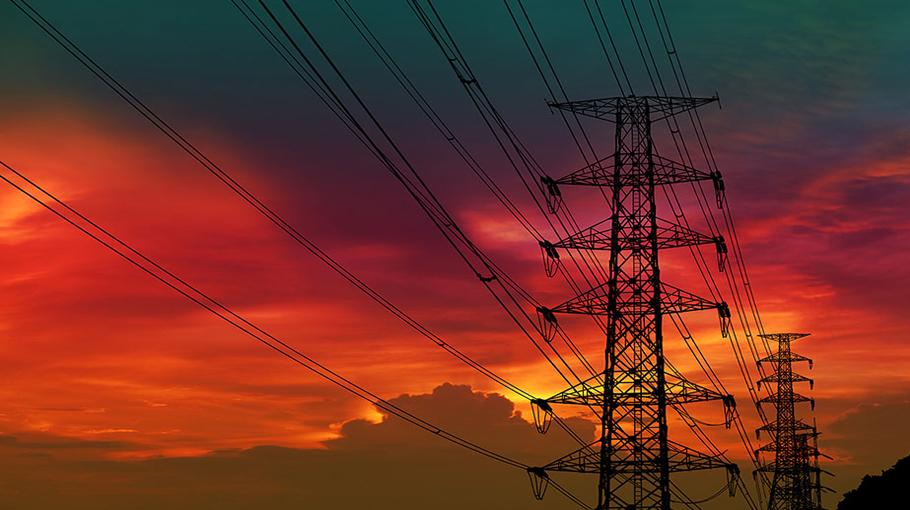Weak transmission system culprit behind power outage

Despite the remarkable success in power generation in the last 13 years, the power transmission or distribution system has not been developed.
As a result, power outages frequently occur as well as occasional black outs in the national grid.
Experts say that, despite the increase in power generation, transmission system management has not been modernized. They say that there are frequent breakdowns in the national grid due to the use of sub-standard equipment in many private power plants. Besides, country’s power transmission line and load management system are not fully modernized yet.
The national grid line failure caused power outage around 60 percent area in Bangladesh, including the capital Dhaka on Tuesday afternoon. Power was restored in some places in three hours while in other areas in eight hours.
Incidents of power outages in the national grid are not new. On September 6, a large part of the country faced grid failure. The biggest power disaster in the country's history happened on November 1, 2014. On that day the whole country experienced 'blackout'. In addition, major grid failures occurred in 2002, 2007, 2009 and 2017. And the regional outage has become a reality.
Experts say that blackout occurs due to imbalance of frequency of power system. Some equipment is used to balance frequency of transmission line. It can automatically control the frequency balance. As a result the disaster is limited to one area. After the blackout of November 2014, this equipment was installed at a limited scale.
According to experts Bangladesh is importing electricity from India. Electricity is being added to the grid from various sources including coal, gas and solar. Nuclear power will be added from next year. So, it is important to balance the frequency in the grid, otherwise disasters will happen regularly.
“There has been a lot of improvement in power generation in the country. Our generation capacity surpasses our demand. At this moment the government must pay attention to the transmission and distribution system to ensure uninterrupted power supply,” energy expert Professor Izaj Hossain told Bangladesh Post.
The National Load Dispatch Center (NLDC) monitors and controls the country's electricity demand, generation and transmission system. NLDC also determines how many hours each power plant will be operational, when and how many megawatts it will produce. In modern transmission system, NLDC does this automatically. But it does not happen in Bangladesh. Here the instructions are given over the phone. As a result, if the demand increases or decreases, it cannot be controlled immediately.
Energy expert Professor M Tamim said, “Power generation has always been given priority in the development of the country's power sector. As a result the power generation capacity has increased but it could not be fully operated due to lack of adequate transmission infrastructure. We are now seeing its financial losses. Not only in generation but also transmission and distribution infrastructure is equally important in the development of power sector. Now is the time for government to give importance to transmission and distribution system.”
Engineer Mohammad Hossain, director general of Power Cell, told Bangladesh Post, “The government has achieved tremendous success in the power sector during the last 13 years. At that time we focused on power generation to meet the demands. We are now self-sufficient in power generation. Previously, severe load shedding disrupted people’s lives, factories’ production. But the problem no longer exists,” he said.
“We wanted a surplus in electricity generation and we succeeded. Now power outage occurs occasionally due to problems in transmission and distribution systems. So we are now focusing on improving the power distribution and transmission system,” he added.




